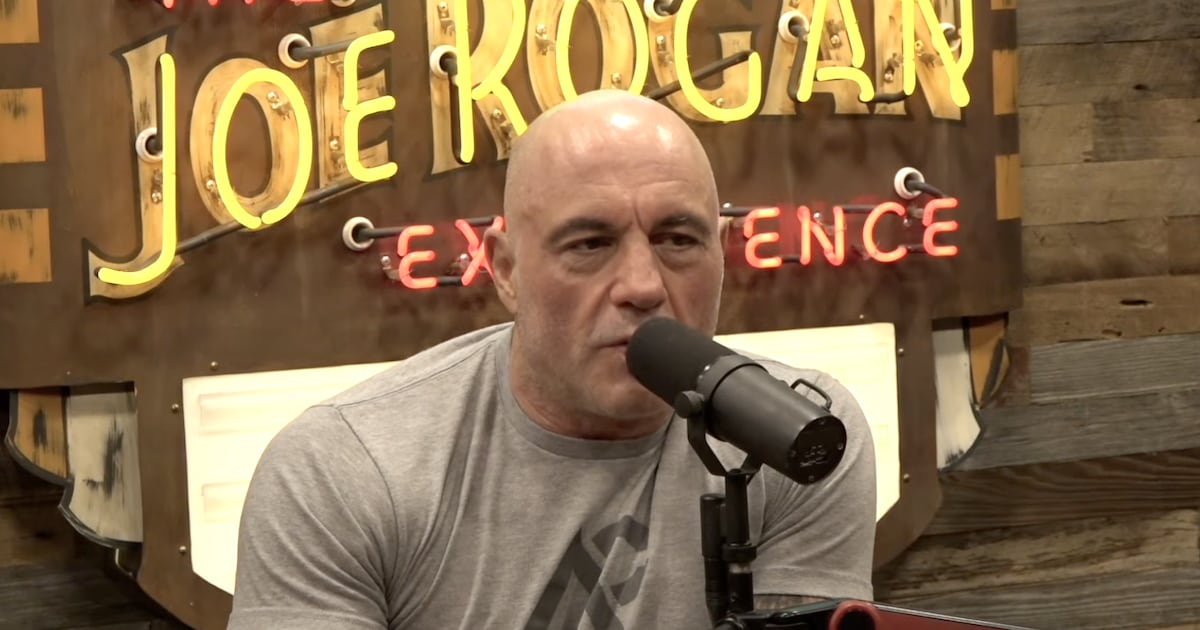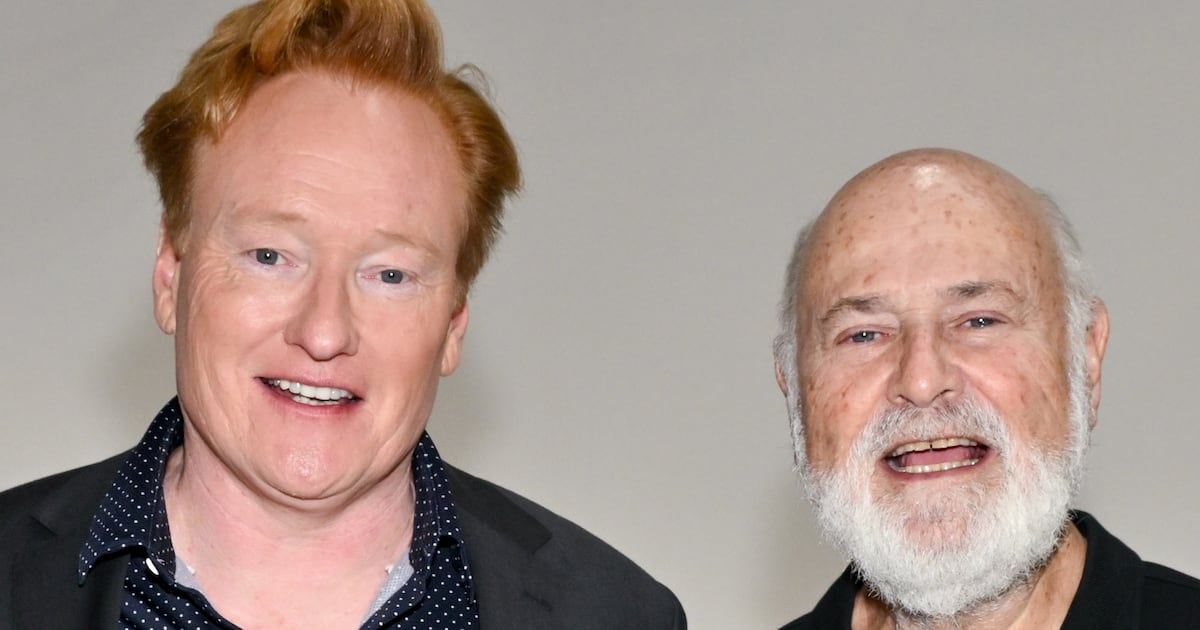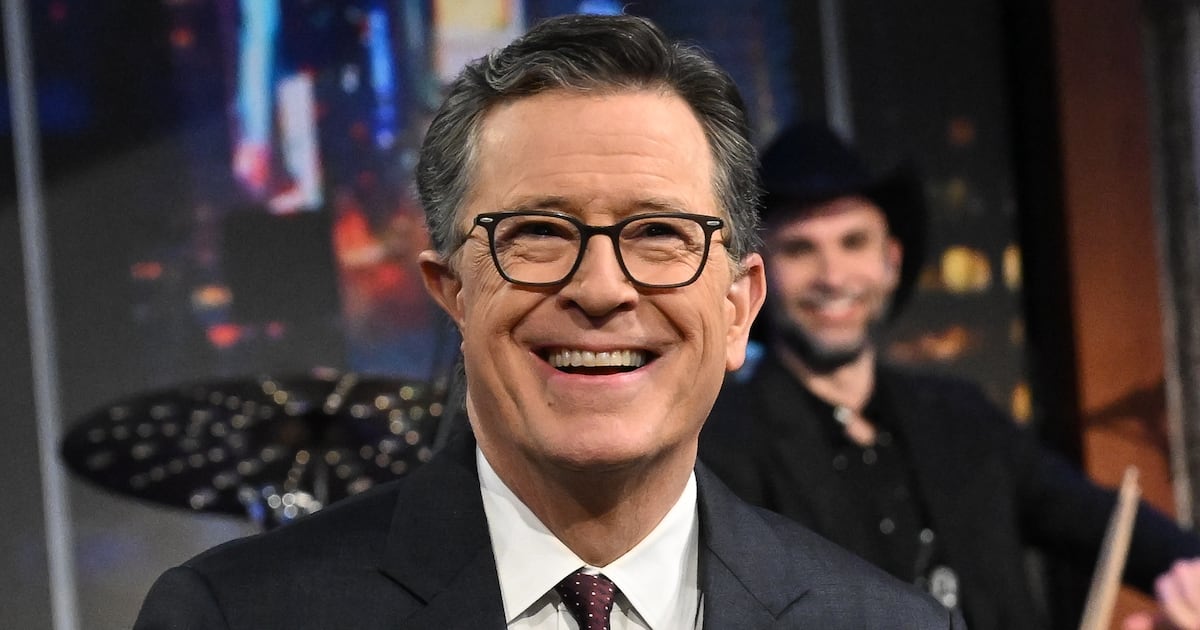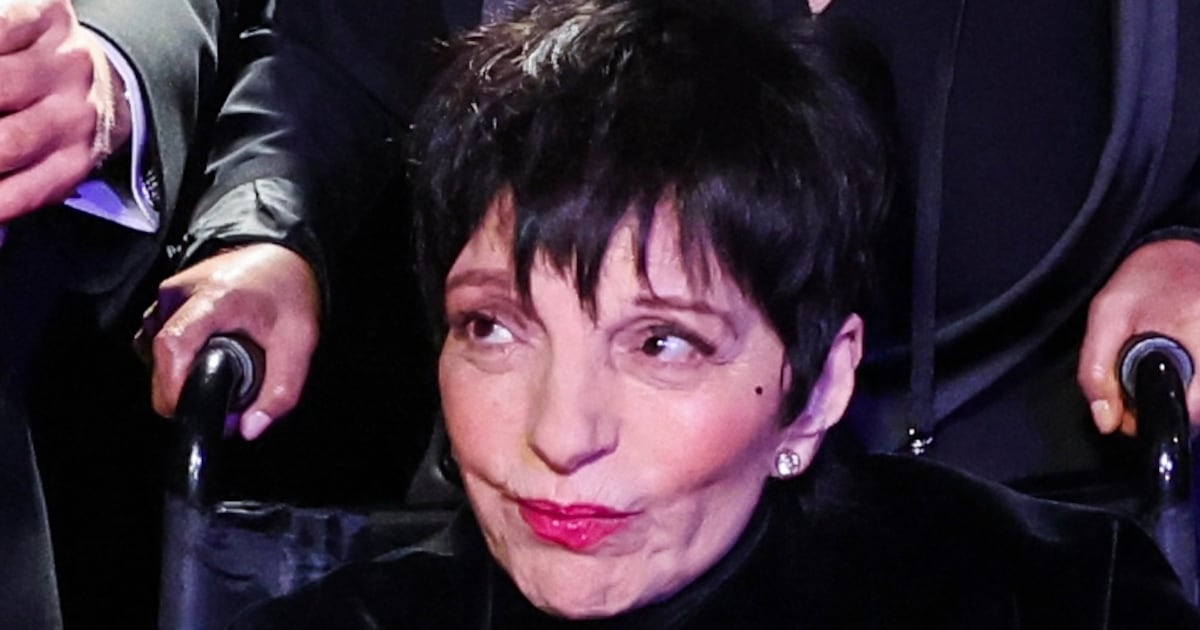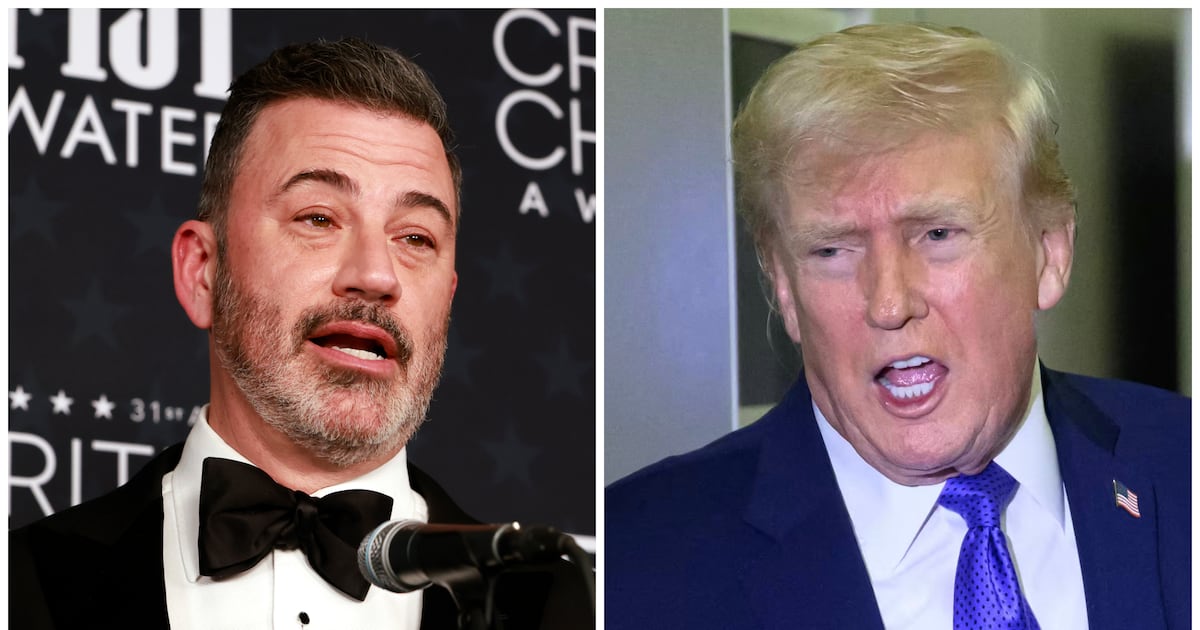This is a preview of our pop culture newsletter The Daily Beast’s Obsessed, written by senior entertainment reporter Kevin Fallon. To receive the full newsletter in your inbox each week, sign up for it here.
Back when I was just Baby Kevin in college, a number of years ago I will never reveal, I worked in a restaurant, an experience that I have never recovered from and likely never will.
There are few places in this world that are scarier, more upsetting, or swathed in dark, cursed vibes than the kitchen of a restaurant. Any time a film or TV show enters a dining room and then kicks open the swinging doors to the kitchen it is immediately triggering.
I can deal with your Saw franchise, your Raw, or your Squid Game. But show a lead character putting on a white chef’s coat and brace for a blood-curdling scream and to be billed for the extra three sessions a week of therapy I’ll need to recover.
You might watch Ratatouille and think, “What a sweet, charming story about the power of food and the culinary arts to bond and inspire.” I see the most harrowing piece of cinema that has ever been produced. Writer-director-actor Jon Favreau has yet to be tried for crimes against humanity for his 2014 dramedy (horror film) Chef, but I will not be deterred in my pursuit of justice.
We are a culture that loves dining. Restaurants, especially as the world opens up again, are a haven for connection—an emotional sanctuary of sorts for one of the most intimate acts we’re privileged enough to partake in: the communal experience of sharing food together. Forgive me, then, for taking those rose-colored glasses and stomping on them in a panicked tantrum until they are nothing but the shards of lies they truly represent.
Behind the scenes, restaurants are a powder keg of stress, ego, and abuse, where the fog of pressure is too dense for concepts like grace or decency to survive. They asphyxiate in the chaos, collateral damage of the mission at hand: Serve the food, no matter the human cost.
It’s likely quite confusing that I will now effusively recommend the new FX television series The Bear, which released all eight episodes of its first season on Hulu this week.
The Bear follows a talented, successful fine-dining chef named Carmen (Shameless star Jeremy Allen White) who returns to his hometown Chicago neighborhood to take over a dingy beef-sandwich shop after his brother, who had been running it, dies.
It is, without a doubt, one of the most anxiety-inducing TV series I have ever seen. It nails the mayhem and the din of flaring short tempers that makes what happens at restaurants nothing short of a continuous miracle: something as delicate and crafted as a plate of food manages to come out of all that pandemonium.
What it also captures, however, is the beauty that lies underneath: the drive behind people so overwhelmed by their passion for the field they chose and who are so committed to the skill and the art it requires that they’re willing to submit themselves to that kind of environment.
Each night of service is like doing the tango blindfolded with cement in your shoes—and, of course, with sharp knives everywhere. It should be impossible. So, when the curtain falls and it’s time to bow at the end of the night, the relief in having pulled it off is so addicting you go back for more. That’s mirrored in the experience of watching The Bear, too. The brutality of the kitchen work, while pulse-racing to the point that you feel like you need to look away at times, is so real and so fascinating that you’re addicted to watching it, too.
For the relentless jackhammering of crises in every scene, there’s also something emotionally elegant about The Bear. There’s the passion that Carmen has for his work, even if he’s often his own worst enemy. There’s also the deep-rooted bond between everyone who works in the kitchen, in spite of the fact that they spend eight hours a day cursing each other out and blaming each other for everything that goes wrong.
The Bear is an almost unbearably loud TV show. It starts at a deafening pitch and only escalates from there. But given the subject matter and the environment it’s tackling, it’s in that extreme that it is able to find any real-world subtlety.

As someone who, all these years later, still has stress dreams about having to tell an already-cranky chef that a table is sending an order back and who sometimes wakes up in the middle of the night in a cold sweat murmuring, “We need a runner… Behind… Corner…,” it’s surprisingly gratifying to see this portrayed so well in a piece of pop culture.
The Bear is also, as it happens, just a really cool show.
There’s something thrilling about the way it’s tackling this world cinematically. The seventh episode of the season, “Review,” features a “one-take” tracking shot that lasts for nearly 20 minutes, chronicling the crucial moments in the lead-up to the doors opening and the lunch rush coming in. The line cooks are prepping. Everyone seems to arrive with a problem. Screaming matches erupt, are quickly settled, and then are reignited again in a tireless loop. So many things—too many things—are going wrong.
It’s a riveting piece of filmmaking—a rare and rewarding attempt at capturing this environment. So, while my own personal Babadook is the head chef at a seafood restaurant in Southern Maryland where I spent my college summers, there is still something so invigorating and human in a kind-of revelatory way about The Bear. So take a Valium or two and watch.


